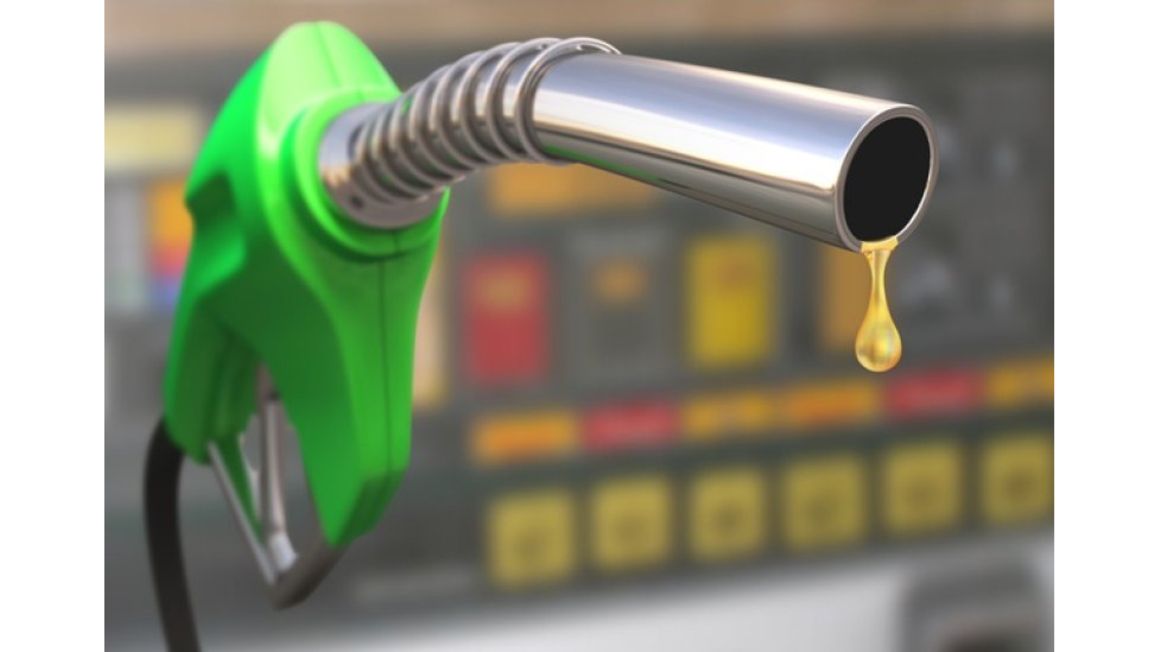As automotive technology has advanced in recent decades, automakers around the world agreed that government requirements for quality fuel additives were not adequate since they have not changed to meet the performance demands of modern vehicles.
But if a fuel company can prove that their gas has additives and detergents that keep residue from building up on valves or in the combustion chamber, then they are qualified to call themselves a “top-tier” fuel supplier.
Top-tier fuel is formulated to keep engines running efficiently and reliably. Automakers claim that these additives make fuel better for modern cars. However, it means that a petrol station has to have a refinery to refine the fuel.
MUST READ: How to Open a Petrol Station In Kenya
Most petrol stations are private around the country. This means that they cannot afford to own a refinery to produce top-tier fuels. On the same note, we have some international brands that are more reliable for quality fuel for your dear car.
Petrol Stations With the Best Fuel
- Shell
- Kenol Kobil
- Total
- National Oil
- Gulf
- Astrol
- Delta
- Engen
The Advantages of Quality Fuel
While the detergents and cleaning agents found in top-tier fuels may have some added benefit, there will be no noticeable difference in performance from behind the wheel.
Top-tier gas companies have simply committed themselves to selling fuel specifically formulated for the needs of modern cars. However other regulations require that all fuel companies meet certain standards that prevent them from selling subpar gas.
While some gas stations offer slightly higher quality gas, any fuel from a legitimate gas station in Kenya will be fine to put into your tank. There’s no issue with mixing fuel from different companies, either.


Drop Your Comments, What do you think About The Article?